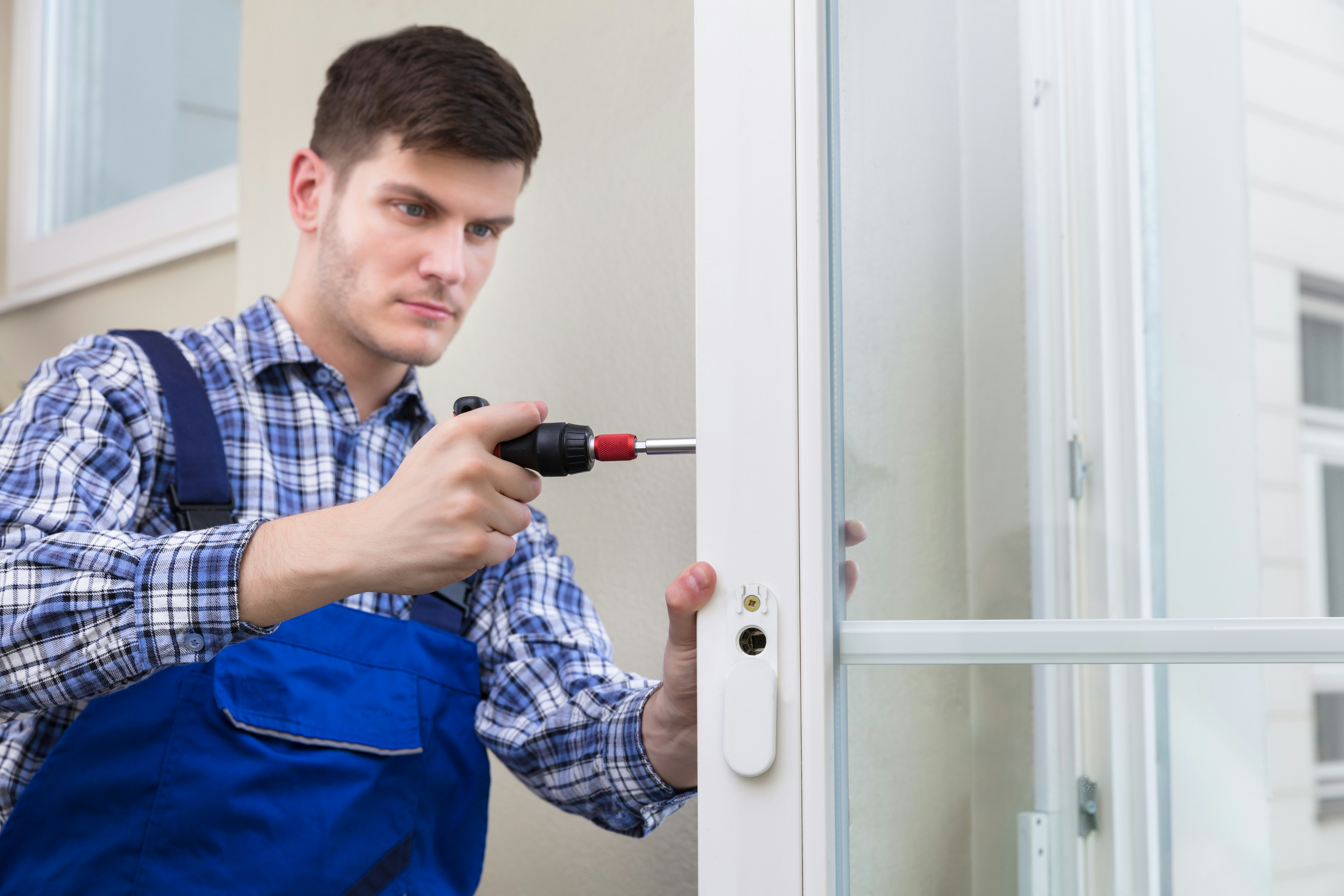
Property maintenance is an ongoing responsibility that ensures the safety, value, and functionality of a building over time. One of the most crucial aspects of property upkeep is remediation. Whether dealing with water damage, mold, fire hazards, or other environmental concerns, remediation is an essential service that addresses problems before they escalate. Remediation involves cleaning, repairing, or removing harmful elements from a property to restore it to its original condition. This proactive approach maintains a property’s structural integrity and protects its occupants’ health and safety.
Timely Remediation Prevents Escalating Damage
When issues like water leaks, mold growth, or pest infestations arise in a property, addressing them quickly is paramount. If left unattended, even minor problems can worsen over time and lead to significant damage. For instance, a small water leak can gradually weaken the structure of a building, causing rotting wood, warping floors, and damaging walls. Similarly, mold can spread rapidly, affecting the air quality and contributing to long-term health problems. If property owners or managers delay remediation, they risk incurring higher repair costs and extending the timeline for recovery.
Timely remediation prevents further deterioration and ensures that the damage remains minimal. Professionals trained in property remediation can identify the root causes of issues and implement immediate corrective measures. For example, when faced with a water leak, remediation services can stop the water flow, dry out the affected areas, and restore the building’s integrity. This fast intervention reduces the need for expensive repairs and minimizes downtime, ensuring the property can return to everyday use as soon as possible.
Maintaining Health and Safety Standards
The safety and health of those who occupy a property are paramount. When hazardous conditions like mold growth, asbestos, or water contamination exist, remediation services are critical to eliminate these risks. Mold, in particular, can thrive in damp environments, spreading spores that affect indoor air quality. Exposure to these spores can lead to respiratory issues, allergies, and other health problems. Similarly, asbestos is a dangerous substance found in older buildings; disturbing it can cause severe respiratory conditions.
By addressing these concerns through professional remediation, property managers and owners safeguard the health of tenants and employees. Mold remediation, for example, involves removing mold and thoroughly cleaning the area to prevent recurrence. Asbestos removal, however, requires certified professionals to safely extract and dispose of the material according to safety regulations. These services ensure the property remains safe to occupy and help maintain a good reputation for property owners, as tenants and customers are more likely to trust spaces that prioritize their well-being.
Boosting Property Value with Professional Remediation
In real estate, maintaining or increasing the value of a property is a top priority. However, when significant issues like mold, fire damage, or water leaks are left unresolved, they can significantly decrease a property’s value. These problems are often noticeable to potential buyers or tenants and can make a property less desirable. In some cases, failing to address these issues can lead to reduced rent, lower offers during sale negotiations, or even difficulty finding tenants.
Remediation plays a key role in preserving the value of a property. By addressing and correcting any environmental hazards or damage, remediation services help to restore the property’s appearance and functionality. This, in turn, enhances its marketability and ensures that it can be rented or sold at an optimal price. Whether cleaning up after a fire, removing mold, or fixing water damage, taking prompt and professional action will help protect the property’s value and ensure its longevity in the market.
Ensuring Compliance with Legal and Insurance Requirements
Property owners are often subject to local health, safety, and building standards regulations. When specific hazards, such as mold, lead, or asbestos, are found on a property, there are legal requirements for removal. Failure to comply with these regulations can result in hefty fines, lawsuits, or even forced evacuations. Furthermore, many insurance policies require property owners to maintain a safe and healthy environment. If the property violates these requirements, the insurance policy may be voided, leaving the owner financially liable for any damages or losses.
Engaging in remediation services ensures that property owners stay compliant with local laws and insurance policies. Remediation professionals are well-versed in these regulations and can provide the necessary documentation to confirm the property has been restored to a safe condition. For instance, when mold is detected, they remove the mold and ensure the property complies with environmental safety standards. By doing so, property owners avoid legal pitfalls and secure their insurance coverage, protecting themselves from potential financial setbacks.
The Role of Technology in Modern Remediation
Technological advancements have greatly enhanced the efficacy of remediation services. With tools like moisture detectors, thermal imaging cameras, and advanced filtration systems, professionals can quickly identify hidden problems that would have been difficult to detect in the past. These technologies allow remediation experts to pinpoint the exact location of water leaks, mold colonies, or air contaminants, reducing invasive procedures and making the process more efficient.
For property owners, these innovations result in faster, more precise remediation that minimizes disruption and damage. Technology also leads to better results, allowing for more thorough and accurate cleaning, restoration, and repair. Technology has revolutionized the performance of remediation services by using moisture meters to identify hidden water pockets and applying air scrubbers to purify the air. This ensures property owners receive the most effective treatment possible, reducing the likelihood of recurring issues and enhancing the property’s overall quality.
Remediation is an essential aspect of property maintenance that addresses various potential issues ranging from environmental hazards to structural damage. By ensuring timely intervention, maintaining health and safety standards, boosting property value, and guaranteeing compliance with legal requirements, remediation services protect both the property and its occupants. Moreover, regular preventative maintenance and cutting-edge technology provide long-term benefits, ensuring properties remain in optimal condition. Ultimately, the role of remediation in property maintenance is indispensable for anyone looking to preserve the value and safety of their investment.